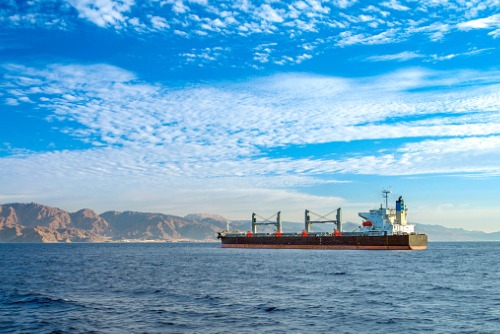

Insurance rates for tankers sailing through the Strait of Hormuz are now 10 times more expensive than before the two attacks on tankers in the Gulf of Oman on June 13, sources within the Japanese shipping industry have revealed.
The strait is a critical passageway for fossil fuels bound for East Asia, and insurance rates may rise even further if the tensions between the US and Iran continue to escalate, a report by Nikkei said. The higher insurance rates have a knock-on effect on the price of oil.
In late May, four tankers were attacked off the coast of Fujairah in the United Arab Emirates, which led insurers to impose an additional insurance charge of 0.025% of ship value on tankers travelling through the region, the report said, noting that it was a departure from the usual annual contracts for war risk insurance.
After the latest attacks, which targeted tankers bound for Japan and Taiwan, that charge increased by 10 times to 0.25%.
Tensions showed no signs of abating in the region, after Iran said that it shot down an American military drone, which the US later confirmed.
Around 17 million barrels of crude oil are transported through the Strait of Hormuz daily – the equivalent of almost 20% of global demand. The Japanese market relies on the Middle East for close to 90% of its petrochemical needs. In the event where the strait becomes impassable due to conflict, Japan would be left with few other sources of fuel.
“We would just have to draw on our roughly 200-day domestic reserves and wait for the situation to settle,” Mitsuyasu Kawaguchi, head of crude and tanker operations at Japanese refiner Cosmo Oil, told Nikkei.
While another figure in the oil refining industry said that the rise in insurance cost has yet to be felt in gasoline prices, continued political tensions in the Middle East may drive up fuel prices, especially during the summer season, during which demand is traditionally high.
